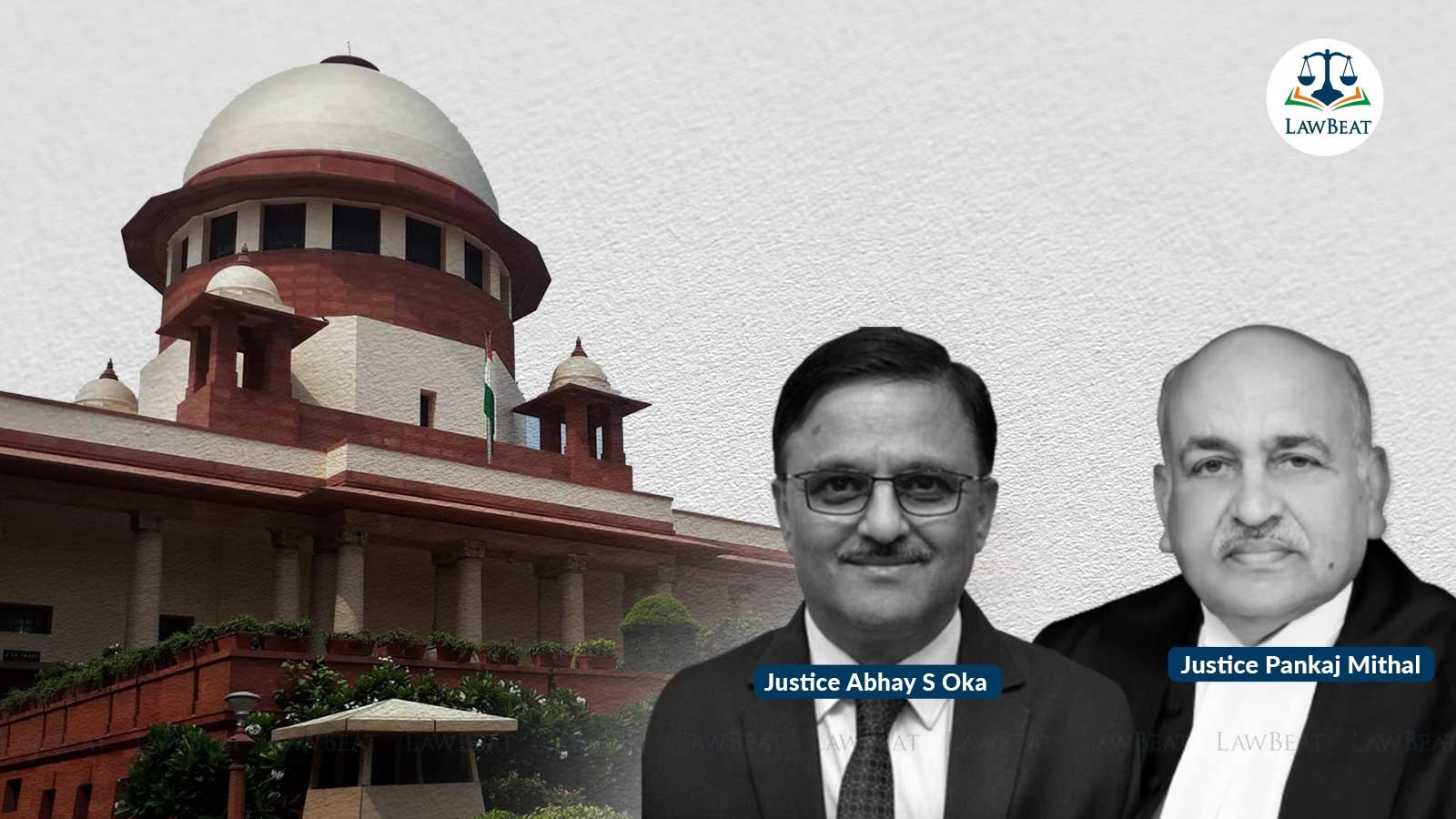'High Monetary Stakes Should Not Result In Lengthy Submissions'; SC Dissuades Bulky Arguments In Arb. Matters

Unnecessarily long oral submissions or bulky written submissions result in the criticism about the arbitrations in India, therefore, there is a need to impose a time limit, Court said.
The Supreme Court has on April 21, 2025 said it is imperative to set a time-limit for submissions in Arbitration related cases as Constitutional Courts are also vested with Appellate jurisdiction where they are bound to devote necessary time to cases involving grievances of a common man.
"What we have expressed is a matter of serious concern and introspection for everyone," a bench of Justices Abhay S Oka and Pankaj Mithal said.
The court was dealing with a civil appeal filed by Larsen and Toubro Limited against the judgment and order of April 30, 2015, passed by the division bench of Delhi High Court on the appeals preferred under Section 37 of the Arbitration and Conciliation Act, 1996.
The appeals before the division bench were filed against the judgment of November 26, 2008 of the Single Judge in a petition under Section 34 of the Arbitration Act by which the award of the Arbitral Tribunal was set aside.
The division bench, by the impugned judgment, disagreed with some of the findings recorded by the Single Judge; To that extent, the appeals preferred by Puri Construction Private Limited and Mohinder Puri were allowed. The appeal by Larsen and Toubro Limited was dismissed.
Dismissing the appeal by Larsen and Toubro Limited after finding no merit, the bench stressed that the powers of the Appellate Court under Section 37 of the Arbitration Act are not broader than those of the Court under Section 34 of the Arbitration Act.
"Therefore, what cannot be done in the exercise of the powers under Section 34 cannot be done in an Appeal under Section 37. An Arbitral Award cannot be modified. Thus, even after recording the conclusions, the division bench has not modified the Award by partly setting aside the judgment under Section 34," Court added.
The court pointed out, in several appeals arising out of Sections 34 and 37 proceedings, it has been noticed that there is a tendency on the part of the senior members of the Bar to argue as if these proceedings were regular appeals under Section 96 of the Code of Civil Procedure, 1908.
In this case, the bench said, while making submissions, the counsel appearing for both the parties have gone into the minutest factual details. As the Members of the Bar are aware of the limited jurisdiction of the Courts in proceedings under Sections 34 and 37 of the Arbitration Act, they must show restraint.
"Similarly, we observe a tendency on the part of the Members of the Bar to rely upon a large number of decisions, whether relevant or irrelevant, while arguing Section 34 petitions and Section 37 appeals as well as appeals arising therefrom. Multiple decisions are cited on the same proposition of law. This makes hearing time-consuming. As there are long oral arguments, the Courts permit written submissions to be filed. That is how very long written submissions come on record. The Courts have to devote page after page for dealing with many submissions which ought not be made considering the limited jurisdiction under Section 34 of the Arbitration Act. This results in very lengthy judgments," the bench further noted.
The court underscored that high monetary stakes involved in the proceedings should not result in unnecessarily long oral submissions or bulky written submissions.
"All this results in the criticism about the arbitrations in India. Therefore, there is a need to impose a time limit on oral submissions in such cases," the bench conclusively said.
Case Title: Larsen and Toubro Limited v. Puri Construction Pvt. Ltd.
